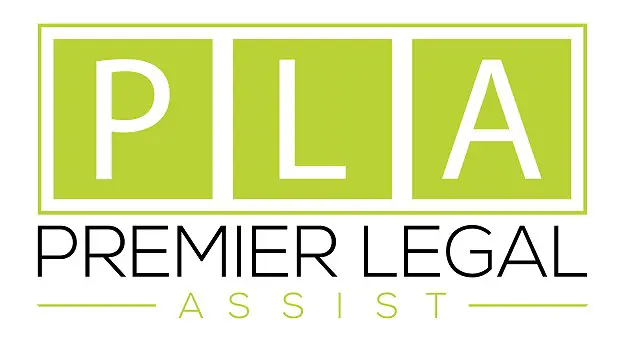Five UK councils given second-lowest standards rating by Regulator
The Regulator for Social Housing gave the five councils the rating, which means "requiring serious improvement" for issues relating to tenants’ living standards
East Suffolk Council, Ipswich Borough Council, Leicester City Council, North Kesteven District Council, and Redditch Borough Council have each received a C3 rating by the Regulator for Social Housing, the second lowest rating available to social housing providers.
Regulator standards
The RSH is responsible for ensuring that social housing providers (such as housing associations and local authorities) are well-managed and provide safe, good-quality properties to their tenants. The Regulator introduced new standards for social housing landlords in 2024, designed to protect tenants and improve service provision.
In the first round of inspections, which commenced in April 2025, five councils were found to have failed to meet the new standards:
- East Suffolk Council: did not meet the Decent Home Standard in around 50% of its homes, and resolution relating to hazards such as damp and mould had not been tracked.
- Ipswich Council: had gaps in its data relating to hazard assessment, and did not have sufficient data around the diverse needs of its tenants
- Leicester City Council: had not carried out electrical tests in around 70% of its properties and had not performed a stock condition survey on its entire portfolio since 2009
- North Kesteven District Council: is not meeting its targets for routine repairs, and only a third of its homes had a Housing Health and Safety Rating System (HHSRS) assessment in place
- Redditch Borough Council: had around 2,900 overdue fire remedial actions and almost 3,000 overdue repairs.
Social landlords are responsible for ensuring that their properties are kept to a safe and habitable standard, and failure to do so – if tenants have made complaints – could open them up to legal action by tenants.
Councils’ responsibilities to tenants
Local authorities and housing associations are legally required to keep their properties in a safe and habitable condition. That includes tackling problems like damp and mould, electrical faults, and structural damage. It’s the tenant’s responsibility to report any faults as soon as they become aware of them.
If you’ve told your landlord about an issue and nothing has been done, or repairs were carried out poorly, you may have grounds for a housing disrepair claim.
Problems should always be raised directly with the landlord first. But if they fail to respond, leave repairs unfinished, or the same issue keeps coming back, you can escalate the matter. The Housing Ombudsman offers a free complaint service, or Premier Legal Assist can carry out a free assessment to see if legal action is the right next step.
How Premier Legal Assist can support you
While councils like Leicester City Council say that tenant safety is their top concern, the reality for many tenants suggests otherwise. If you’ve reported disrepair to your landlord and nothing has been done, or the problem has only been patched up, you may be entitled to take action.
You can raise a complaint with the Housing Ombudsman or come to Premier Legal Assist for support. We'll connect you with expert no-win, no-fee housing disrepair solicitors who deal with local authority cases daily and know how to get results.
Our solicitors will take care of the legal process for you, aiming to secure both compensation and the repairs you’re owed.
To check if you're eligible, fill in our quick online form or message us on WhatsApp, and one of our team will get back to you for an initial consultation.
Other Insights
Important Information
Premier Legal Assist is a claims management company. You do not need to use a claims management company to make your complaint, you can complain to the organisation you are complaining about directly. If the issue is not resolved, you can refer it to the relevant independent Ombudsman service for free.
For personal injury claims, you do not need to use a representative to make a claim for low-level personal injuries sustained in a road traffic accident. You can claim through the online Official Injury Claims portal yourself, for free. If your injury damages exceed the small claims limit, we recommend you use a specialist legal service.
For all other types of personal injury, including medical negligence, employment claims and workplace injuries, we always recommend discussing your claim with a legal professional. You should only proceed with a claim when you understand the risks and associated costs.






